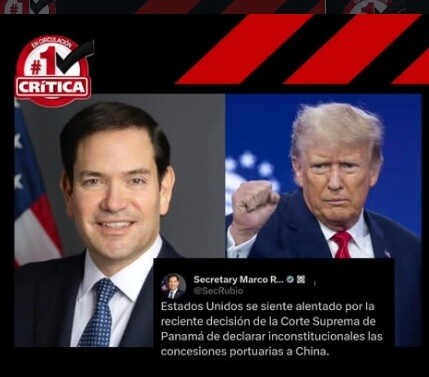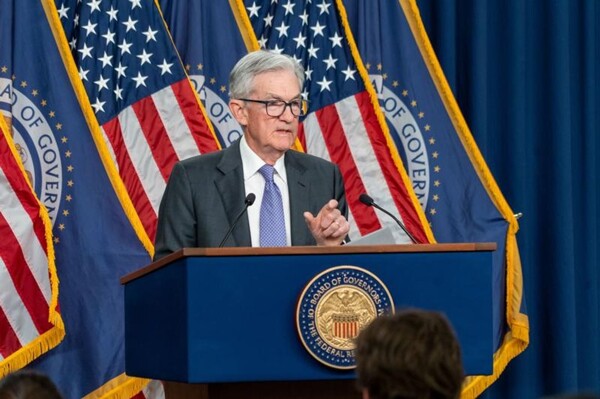The survival of critical minerals is at risk due to the extinction they face, which has led a company to rethink its manufacturing to reduce dependence on a particular nation. The United States, for its part, is highly affected as it heavily depends on China for these essential minerals used in the manufacturing of smartphones and electric vehicles. China, which holds control over these resources, has taken trade measures against the United States, making access to these 'rare earths' difficult.
JB Straubel, former Tesla executive, founded a battery recycling company called Redwood Materials in 2019, becoming the leading battery recycling company in North America. Given the current situation, American companies are motivated to accelerate their strategies and technologies for recycling and reusing these inputs, seeking to be less vulnerable to supply disruptions.
The uncertainty in President Donald Trump's statements creates an atmosphere of insecurity and complicates long-term planning. His preference for like-minded politicians and his protectionist trade policies have triggered changes in elections, as seen recently in Canada, where candidates less aligned with his ideals were elected. This situation has led to a reassessment of global trade strategies by various companies.
In light of the reorganization of global trade, companies like Ford have stopped exporting to China, resulting in a shift in global supply chains. Mexico emerges as a favorable candidate to host jobs previously located in higher-wage countries, given that products manufactured in that country enter the United States duty-free. This change reflects an emerging strategy of 'manufacturing in each region,' which aims to reduce distances in the supply chain and focus on the extraction of valuable materials such as lithium, cobalt, and nickel, essential for new energy storage technologies.
The removal of tax exemptions for imports from China impacts companies such as Shein and Temu, reducing their sales and production. This change affects not only fast-moving consumer goods but also automobiles, creating a disincentive to purchase new vehicles and increasing awareness of the environmental impact of automobile manufacturing. In this context, reuse and recycling of resources present themselves as more sustainable alternatives to reduce the carbon footprint in the automotive industry.
Amy Chan, director of sustainability at the Haas School of Business at the University of California, Berkeley, presents an optimistic view amid these changes, arguing that the tariff policies implemented by Trump may have a positive impact on the fight against climate change. Despite the controversy surrounding the president's measures, Chan highlights the importance of rethinking business and production models to promote a more sustainable and eco-friendly industry.














